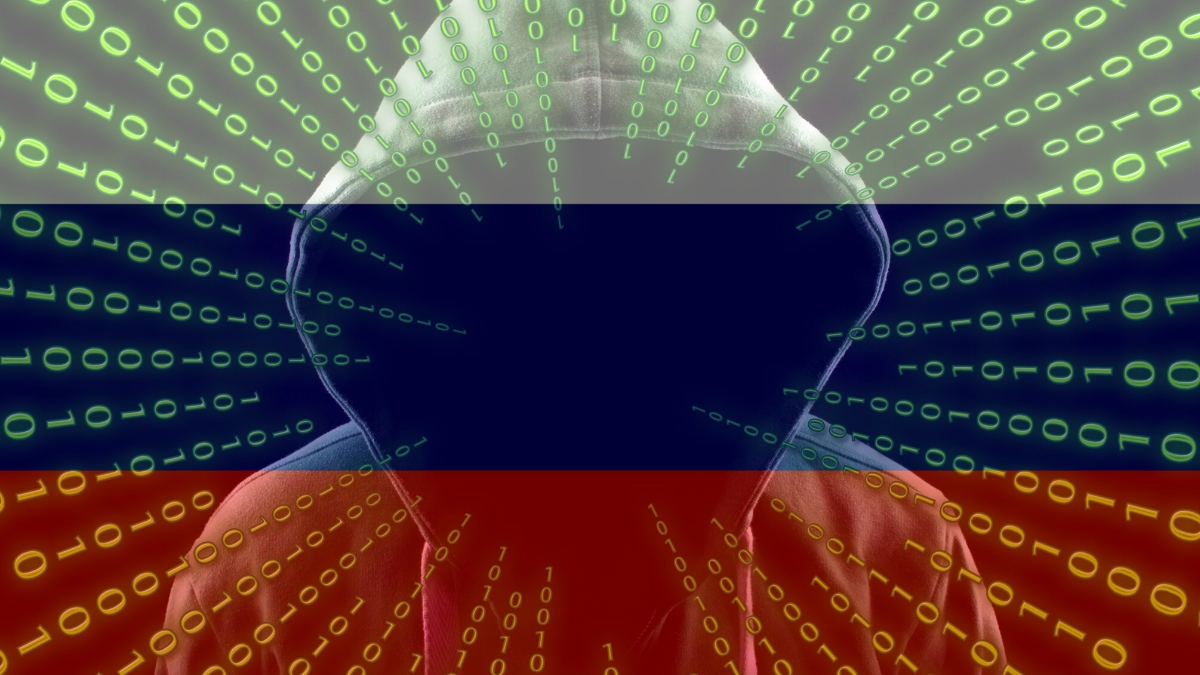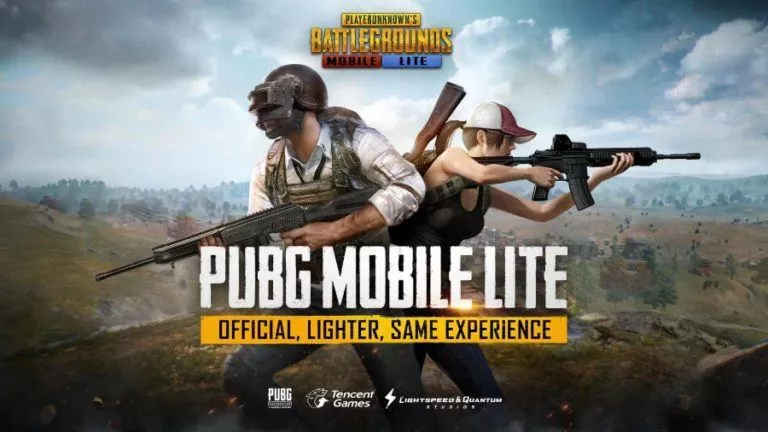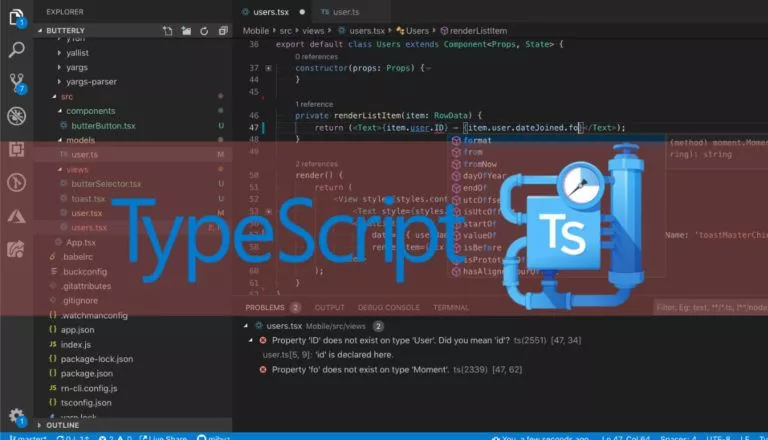Russian Hackers Are Trying To Steal COVID-19 Vaccine Research: US, UK, Canada

Russian hackers have been accused of stealing COVID-19 vaccine research data from medical organizations involved in its development. These allegations were made by US, UK, and Canadian security officials citing the Russian hacking group called APT29 (alias: “The Dukes” or “Cozy Bear”) behind it.
An advisory published by the UK’s National Cyber Security Centre (NCSC), says, “APT29’s campaign of malicious activity is ongoing, predominantly against government, diplomatic, think tank, healthcare and energy targets to steal valuable intellectual property.”
Soon after this advisory, NSA Cybersecurity Director Anne Neuberger said in a statement: “The National Security Agency (NSA), along with our partners, remains steadfast in its commitment to protecting national security by collectively issuing this critical cybersecurity advisory as foreign actors continue to take advantage of the ongoing COVID-19 pandemic.”
APT29’s ties with Russia
The NCSC assessment claims that APT29 hackers “almost certainly operate as part of Russian Intelligence Services.”
This assessment is also supported by the counterpart agencies such as the US Department for Homeland Security (DHS), Cybersecurity Infrastructure Security Agency (CISA), and the National Security Agency (NSA), and the Canadian Communication Security Establishment (CSE).
Russia denies the accusation
According to the state-run TASS news agency, the Kremlin spokesperson Dmitry Peskov has said that Russia “has nothing to do” with the cyberattacks on organizations that are working on the COVID-19 vaccine.
Such cyberattacks expected from China as well
Just before Thursday’s announcement, U.S. officials had warned about China, which also has a history of attempting to steal Western intellectual property.
“We have the full expectation that China will do everything in their power to obtain any viable research that we are conducting here in the U.S.,” Evanina added that the US is “expecting them to continue to do so,” Bill Evanina, the director of the National Counterintelligence and Security Center told NPR back in May.






